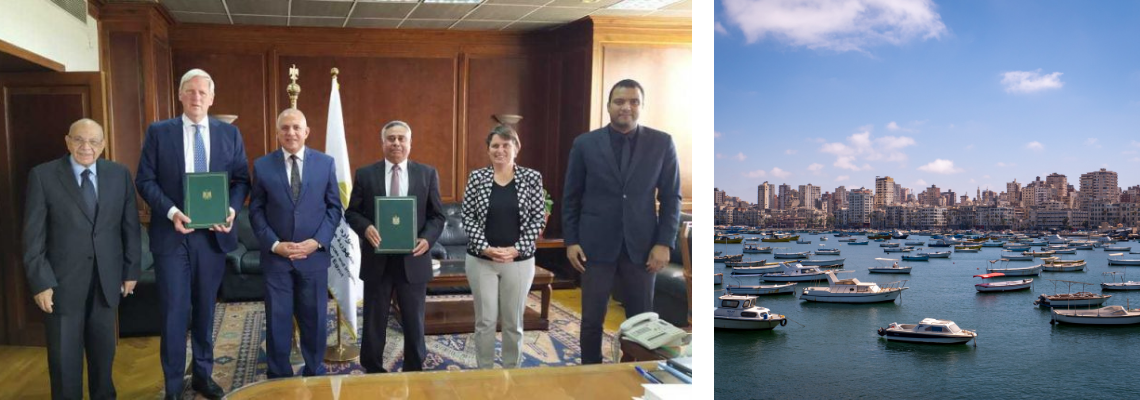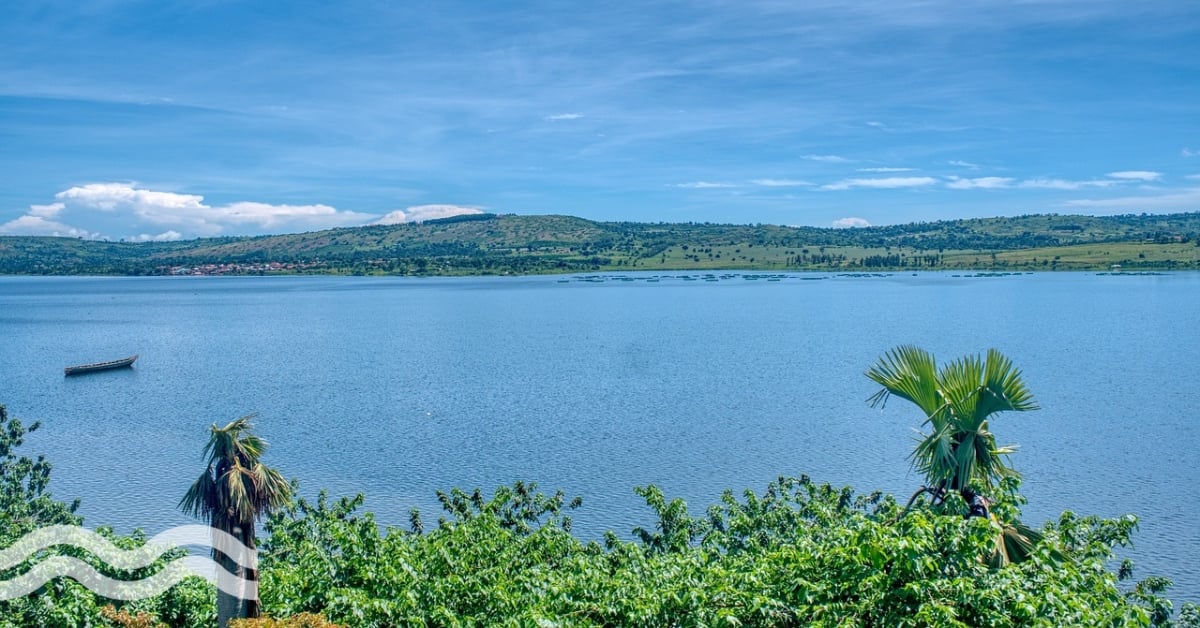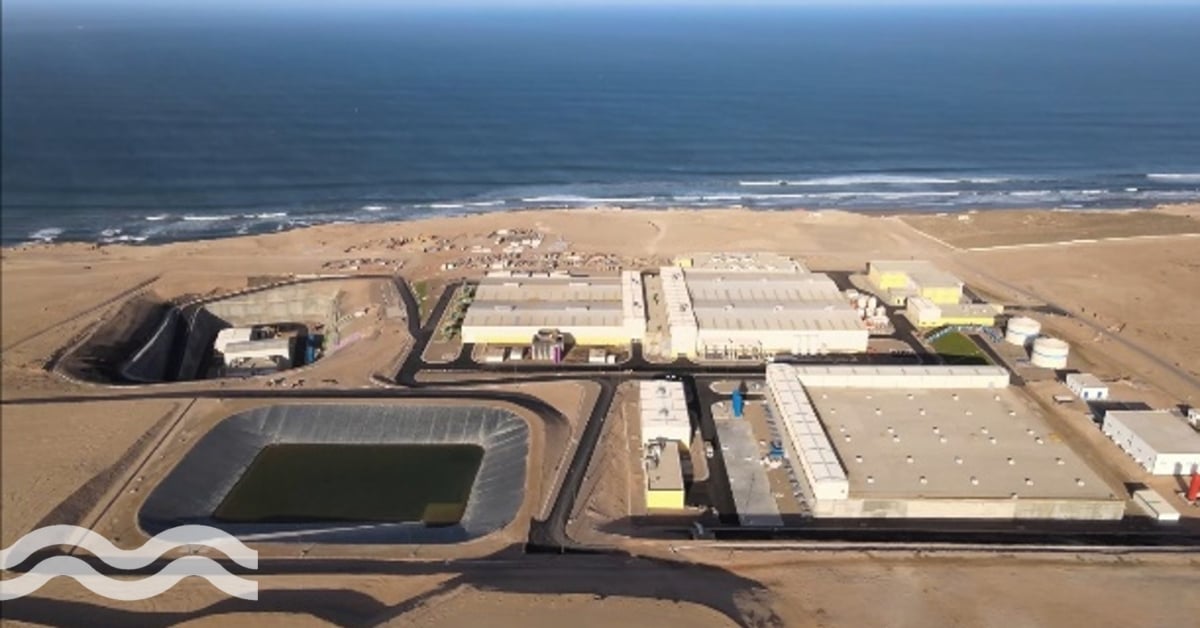How water is bringing Egypt and the Netherlands together

When it comes to water, the Dutch and the Egyptians have worked together to share ideas, methods and experiences since the 1970s. A new cooperation programme sees this partnership extended in ten key water areas.
Aquatech Online looks at this new agreement and a brief history of a unique relationship.
10 areas for water cooperation
Egypt's Ministry of Irrigation and Water Resources and the Netherlands have signed a cooperation programme that will see the two countries work together in ten key areas.
The agreement will see the two countries work together to develop projects that include rainwater harvesting dams, building and maintenance of a rainwater drainage system in cities and villages, and carrying out studies looking into the planning and development of water resources.
The key areas for development are:
- Planning and management of water resources
- Integrated management of water resources
- Efficient use of water resources
- Integrated management of coastal areas
- Applied research on water treatment, modern irrigation systems, and wastewater systems
- Capacity-building of workers in charge of the assessment of the environmental and social impacts of projects
- Sustainable management of water resources
- Research projects and exchange of information between the research institutions of both countries
- Workshops on subject matters of mutual interest
- And implementing experimental zones in tandem with upgrading the design of sanitary sewers.
“The programme emphasises the importance of bilateral cooperation via joint working groups to develop new solutions regarding water management.”
Another key element of the agreement is the focus on modernising irrigation systems through pilot projects that seek to update the design of covered drainage systems.
In essence, the programme emphasises the importance of bilateral cooperation via joint working groups to develop new solutions regarding water management.
Cooperation in the areas of reusing agricultural wastewater, integrated management, coastal zone management, applied research, capacity-raising, and organising workshops was also outlined in the agreement.
The agreement was signed by Dr Ragab Abdel-Azim, undersecretary of the ministry and supervisor of the Minister’s Office, and Mr Hann Maurits, ambassador of the Netherlands in Cairo.
A unique history
While it may not look like it, the two countries face similar challenges when it comes to the management of water resources.
This is also not the first time that the Dutch and the Netherlands have worked together, with this new agreement marking 46 years since the first time water united them.
Back in 1976, the two countries established the Egyptian-Dutch Consultative Council for Water Management.
The cooperation between the two countries was designed to facilitate the exchange of experiences in the issues of planning and managing water resources, maximising the return of water, and improving water quality.
This new agreement builds on this pact and highlights the need for physical collaboration, rather than just information sharing.
From Egypt's point of view, this programme will help it to achieve the goals set out in its National Water Resources Plan 2037. This include optimal use and sustainable management of water resources, raising the efficiency of water use, and reusing agricultural wastewater.
Other aims of the plan include integrated management of coastal zones, joint cooperation in applied research on water treatment and modern irrigation systems and the development of drainage systems. Furthermore, another ambition includes to raise the knowledge levels of the ministry’s employees in the field of environmental and social impact assessment of projects.
Egypt's water challenges
Egypt, like many countries in Africa and neighbouring countries in the Middle East, is facing serious water challenges.
Set to host the upcoming COP27 global climate summit in November, Egypt is looking to explore new methods of desalination to quench the water needs of its 100 million population.
The country recently tendered for a $1.5 billion renewable desalination plant, which saw three companies enter talks.
Egypt also has the potential for a floating mobile desalination plant - similar to the three mobile desalination plants that Metito is constructing for Saudi Arabia for a sum of $300 million.
According to a 2021 UNICEF report, the country is facing an annual water deficit of seven billion cubic metres, with fears that the country could run out of water by 2025.


